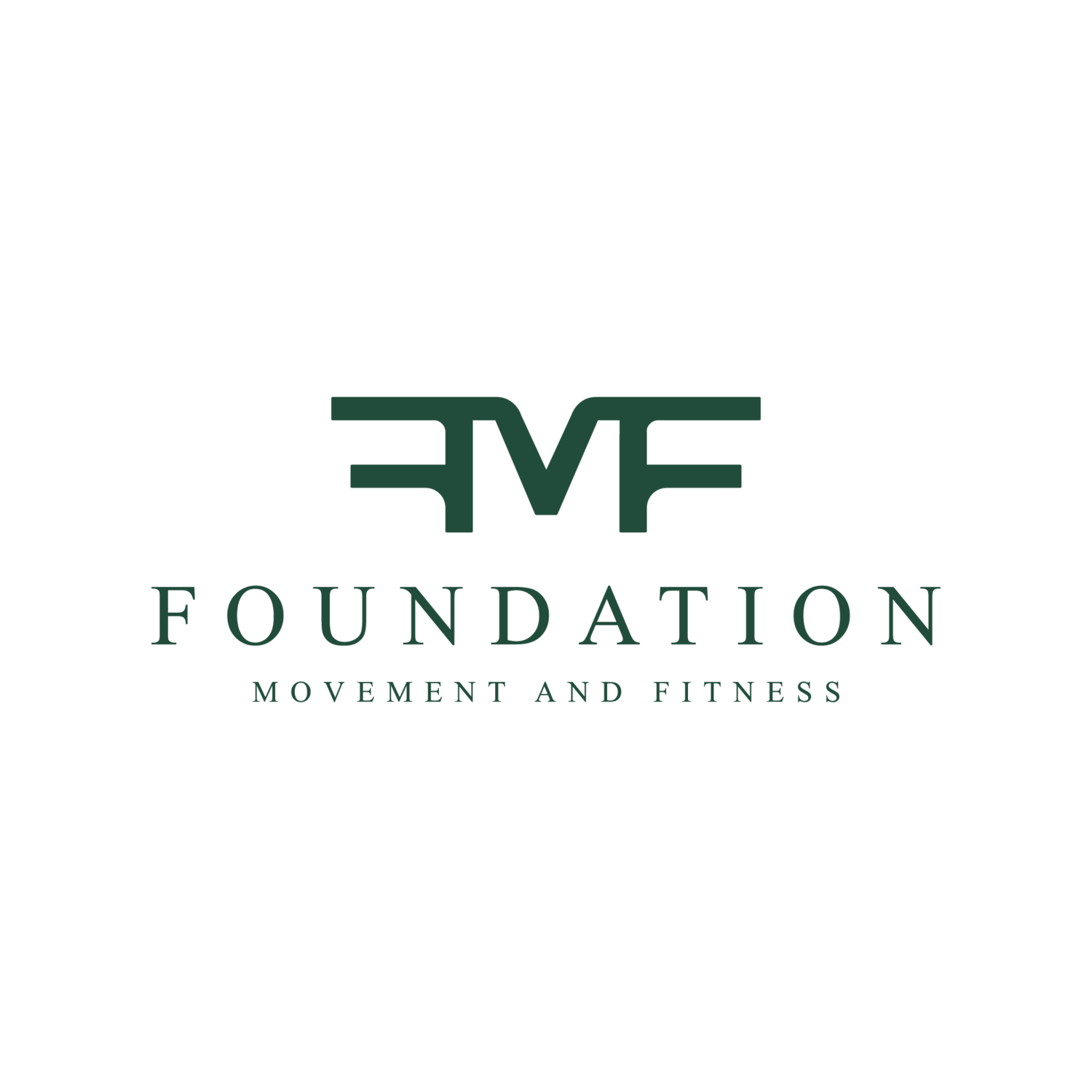Today we are diving into an interesting topic. Finishing up our series and focus on mental health, I want to talk about the intersection of sport and identity.
As individuals, we build our identities off of tons of different things. We all have unique qualities, interests, talents, and personalities. We identify as mothers, sons, lawyers, students, community leaders, doctors, hard workers, artists, and so much more!
Today we’re going to focus on those of us who identify or once identified as athletes.
One thing we see a lot at FMF and in the general field of rehabilitation, physical therapy, personal training, and fitness is how people identify with the sport or movement practice they partake in. Being an athlete is a huge part of some people’s identities.
When I was in high school, I played volleyball. It was basically my whole world. As a teenager, it really was the thing I cared about most. If I wasn’t practicing with my team I was doing 1 on 1s, conditioning, or playing at the beach. Being a volleyball player was who I was! My senior year I had a shoulder injury that made it so that I was no longer going to go to college to play. Instead I went to college for academics and had to choose a new life path. I felt so lost! That’s what I want to talk about today because we see this all the time in clients and it’s really challenging!
This is really common among high school seniors who graduate and do not go to college for their sport as well as college seniors who graduate and aren’t going pro. But it can be just as common in adults of all ages.
A lot of adults participate in amateur sports like golfing, beach volleyball, running, or some sort of working out like weight lifting, group classes or Crossfit. It can be pretty devastating when they get an injury that takes them out of participating in the activity anymore. That is often when we see them! They come to us to be able to get back into that activity.
So what kind of effect does this have on mental health? Losing the ability to participate in whatever movement someone likes can be painful. It is a grieving process losing that part of yourself.
For younger people this is the time to start transitioning into how to maintain activity into adulthood. For older people after an injury it's time to find a provider who wants to work with you to be able to either continue your sport or find something new that is reasonable for you and any limitations you might have.
As providers it's important to make sure that we are not having our clients stop movement but guide them into possibly a new type of movement or new chapter. Things are definitely getting better but it used to be and still can be common for Doctors to tell people to stop doing an activity after they suffer an injury. For example it’s common to see doctors tell patients that they have to stop deadlifting after a low back injury. But deadlifting is not evil! Deadlifts are fantastic when prescribed correctly and done with great form. There are numerous types of deadlifts and they’re fantastic at building low body, core and back strength for anyone at any age! Moving away from this idea that an injury should take someone out of the game permanently is important.
At FMF we totally understand the mental component of injuries in general and specifically when it takes someone out of an activity they love. We work really hard to get our clients back to the point where they can engage in their favorite hobbies and not be limited by pain or injuries. Having someone in your corner to help you cope with a life change like that is critical for recovery and that’s exactly what we prioritize.
Grieving the loss of a part of your identity is hard. It’s painful, frustrating, and it can feel like you are lost. But it doesn’t have to be the end. Throughout our lives, our movement practices change. You’re not going to be playing soccer the way you did in high school when you’re well into your 50s. But that’s ok! You can still play soccer and you can still take up new sports at a level suitable for your ability. The most important thing is to never stop moving. No matter what kind of movement you love, never stop altogether because that is when the health problems will start to pile up and once they start they have a snowball effect and one hip replacement will turn into another knee replacement and then arthritis and it’s just a downhill chain of events.
Remember that movement is medicine. And if you are in pain and suffering from injuries and not able to do something, reach out to us! That’s what we do at FMF. We get you back into whatever you want to do and we’re pretty dang good at it!
Until next time!
Sabrina
